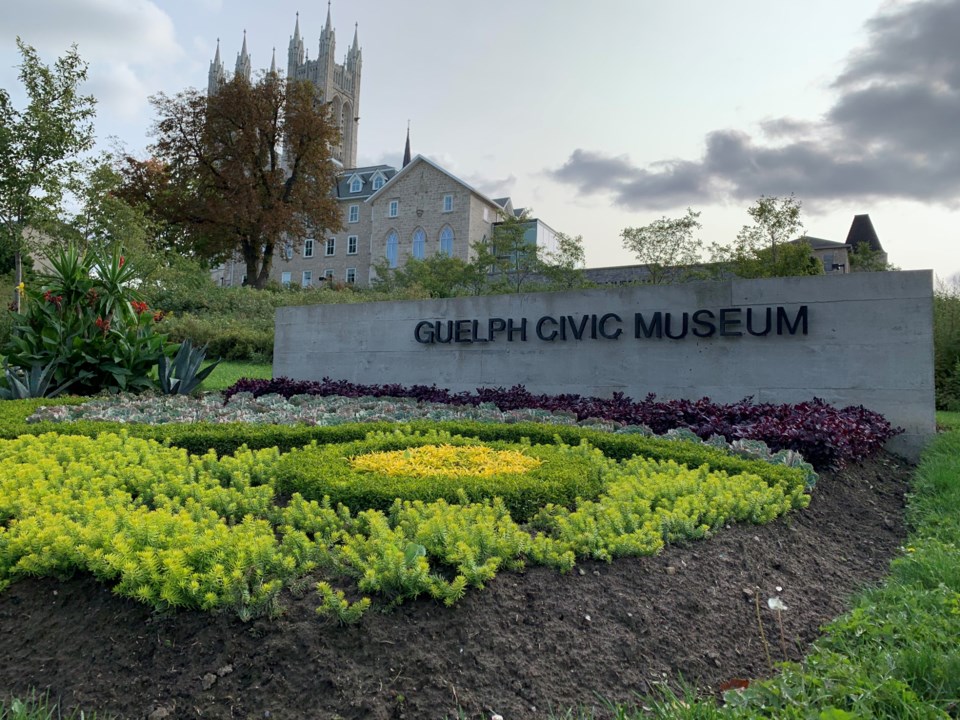In an ongoing effort to change how it historically documents marginalized groups, Guelph Museums is hiring a new curatorial assistant to support Black, Indigenous and people of colour (BIPOC) heritage.
Starting September, all three museum locations will undergo a review of their current or missing BIPOC narratives within a total of over 40,000 permanent pieces.
Along with reviewing artifacts, the curatorial assistant will help refine BIPOC narratives in current exhibits to decolonize collections and lead to the creation of safer spaces for all peoples and communities. Further duties also include incorporating BIPOC histories and perspectives into education programs delivered by museum staff.
“This person will be tasked with moving us forward on the journey as we look to decolonize and become more inclusive as an organization, and as a museum.” said Guelph Museums manager Tammy Adkin.
“The work has begun and the work has no end.”
The museums acknowledge that they have not always shared enough about marginalized groups within Guelph and the surrounding areas, or their contributions to its local history. Several years ago, Adkin said staff were recognizing that their own knowledge bases about these groups were limited.
Since then, she said staff have been working forward addressing gaps within their collections and narratives by following the recommendations made to museums within the Truth and Reconciliation Commission’s Calls to Action.
“There were specifically calls to the museum to work towards reconciliation and so our work began in earnest from that point.” said Adkin.
“There are moments in history, like the ones we are facing now, that we have to work very diligently; and, that the museum that is in charge of telling our community’s story, is telling the whole and truthful story of our community."
Recently, the museums have been working with the Guelph Black Historical Society to document and archive the marches in solidarity with the Black it Lives Matter movement demonstration in June.
Adkin said these demonstrations are one example of why they are changing how BIPOC stories are curated within their museums.
“It has certainly been an affirming moment, that march, and the work that has come after that.” said Adkin. “The heightened sense … that within the community, we need to collectively do better in understanding of each other’s stories.”
This is not only a concern for the Guelph Museums, as Adkin mentions it is a growing concern for museums across Canada
“There is a need and an interest and a commitment to better reflect the diversity of stories in Canada.” said Adkin.
“In Guelph where we focus on local stories ... We’re just one of many community museums across this country that are engaged in this work and that are really eager to better reflect the diversity of our communities.”
